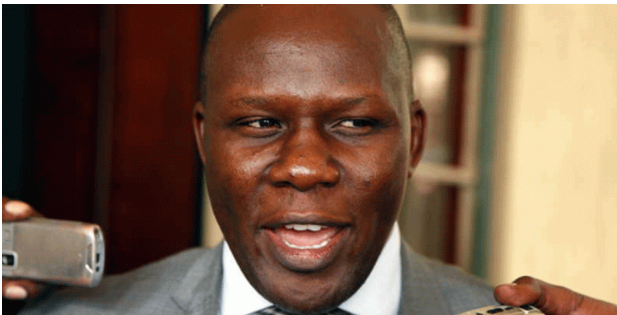The chairperson of the committee of science and technology Robert Sekitoleko says MPs will educate the President on the specific clauses in the GMO bill that the head of state is opposed to.
President Museveni refused last week to assent to the National Biotechnology and Biosafety bill 2012.
Museveni has an issue with the award of patent rights to entities that modify indigenous crops and livestock giving them a monopoly over local communities that developed the original material.
The president has also called for the name of the bill to be changed and emphasis put on labeling of genetically modified foods.
Sekitoleko however says that the president needs clarifications on some sections of the law in order to allay his concerns, the Nakifuma county MPs says the queries the president has raised with 7 sections of the law have available solutions within the law.
Sekitoleko argues that the law did not tackle the issue of patents since there is already a patents law in the country.
Guiding law
Biotechnology is any technique that uses living organisms or substances from living organisms to make or modify a product, improve plant, animal breeds or micro-organisms for specific purposes while biosafety is the safe development, transfer, application and use of biotechnology and its products.
Government, through the National Agricultural Research Organisation (NARO), is already conducting research on crop plants produced through modern biotechnology.
The research aims at finding solutions to chronic problems such as insect and disease epidemics, drought stress, and malnutrition.
Uganda which has a National Biotechnology and Biosafety Policy (2008) needed a law to guide implementation of this policy and before the improved varieties from biotechnology could be made available to farmers but the bill has since 2012 left the science world divided on the place of genetic engineering of crops and animals using modern science and the role of indigenous technology built over centuries by Africans.











